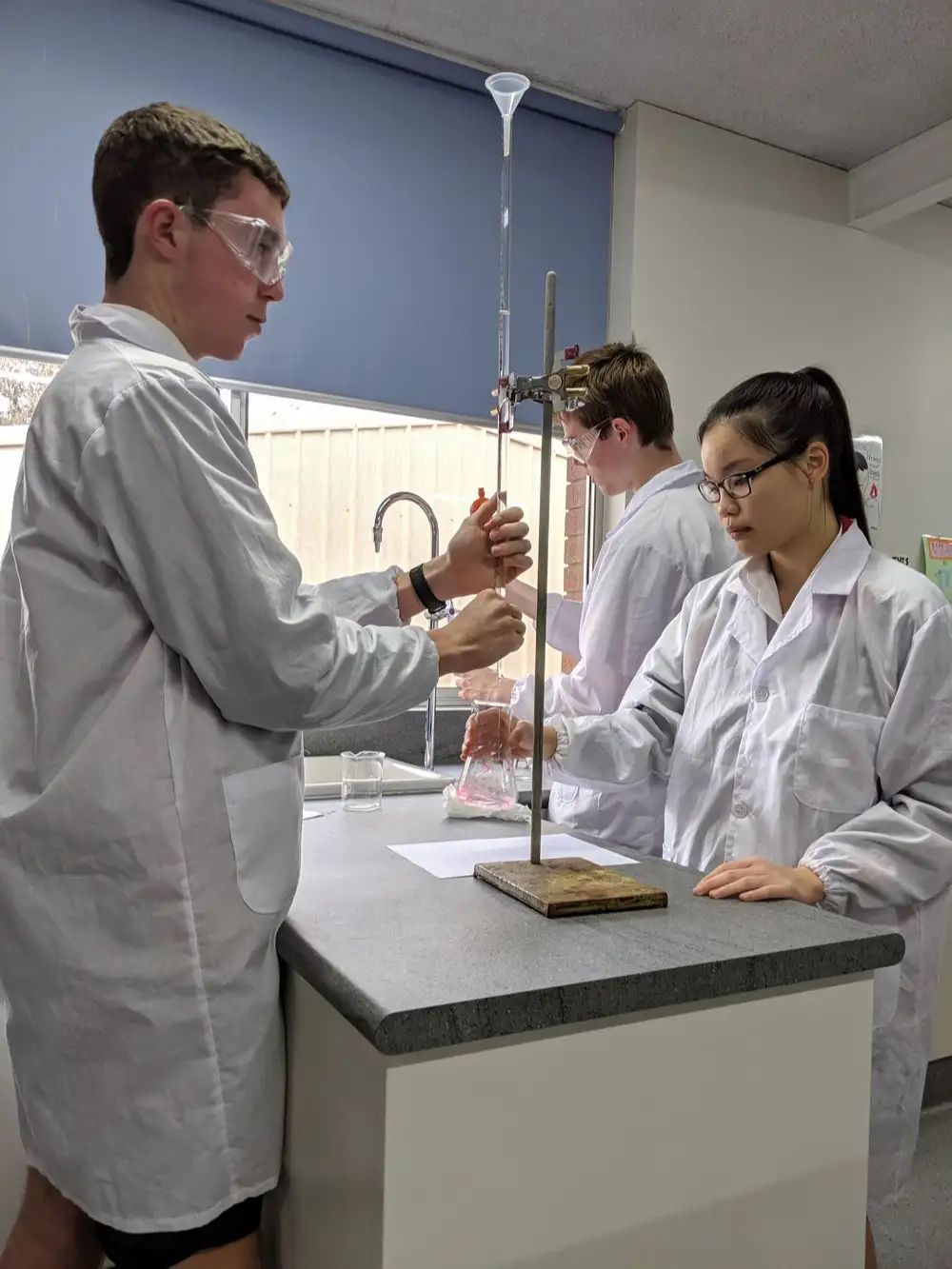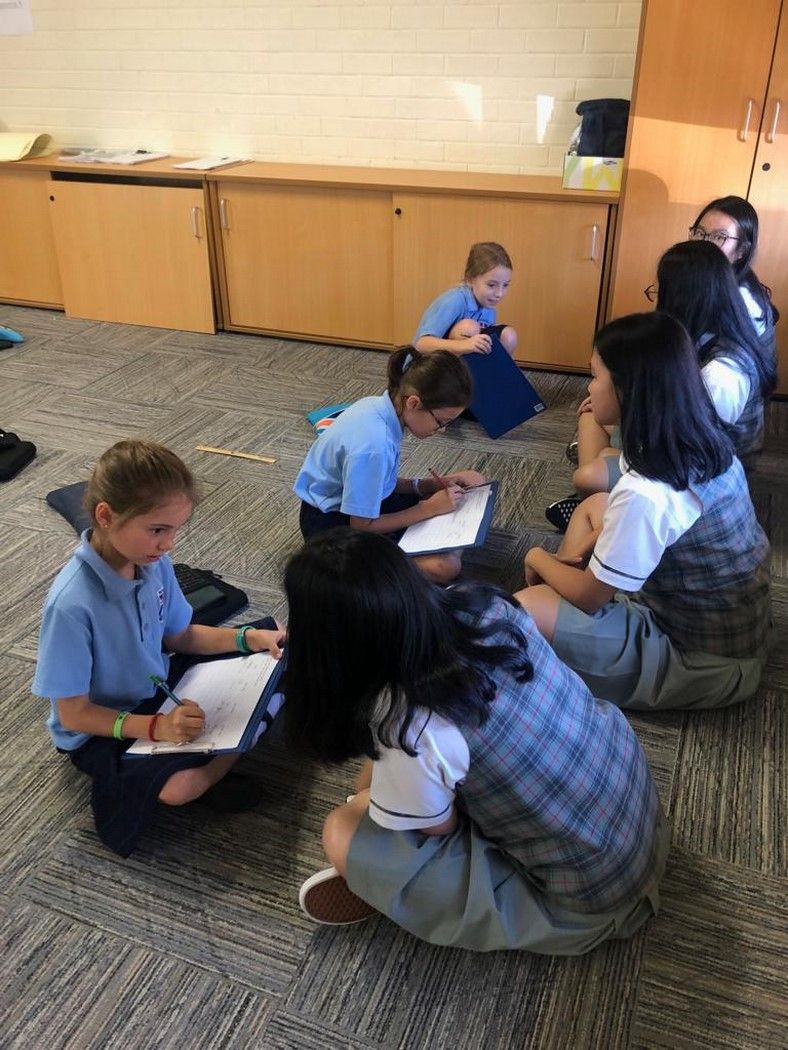In recent weeks, students across the State have been tackling WACE exams, and this week we published a whole timetable of approaching Year 7-11 Exams for our students. Yet for many, exams seem a necessary evil. They are time-consuming to study for, and to mark. And what are they testing? Are they really necessary? Aren’t there better alternatives? Critics often argue that exams promote a superficial understanding of topics, and that they fail to represent the kinds of things students will be asked to do “in the real world”.
So why has Rehoboth chosen to go down the exam path? It is because exams focus on breadth; they promote learning; they require students to revise their work; and they help to prepare students for the WACE exams at the end of Year 12.
Exams focus on breadth
Critics of exams often advocate “deep”, “rich”, and “authentic” assessment tasks (popular current educational jargon). These are typically project-based (inquiry) tasks that draw on students’ creativity and interest. These tasks develop several important higher-order thinking skills, such as analysis and decision-making, which are very valuable. However, they’re not alternatives to exams. They do different things. And this is exactly what we want: multiple, different tasks to maximise students’ opportunities to demonstrate what they know and can do. We also want assessments which target breadth of knowledge. Our future doctors need to know about the entire human body, for example.
Exams promote learning
There is evidence that both studying for and sitting exams deepens learning. Studying is like exercising. When one exercises, the muscles being used grow stronger. Likewise, the process of searching through one’s memory and retrieving the relevant information strengthens that memory pathway for future uses. Research shows us that learning is particularly strong when students self-test. Rather than passively reading and remembering by rote, we want our students to study by forming appropriate questions, searching memory for relevant responses, and knitting this information together into an appropriate answer.
Exams require revision
Rather than just discarding the information that students have learned (which is common in our convenient internet access world where we can instantly google whatever information we want), exams require them to take notes, revise, consolidate, and concentrate. Revision forces us to learn to work systematically back through information, make summaries, and practice performing under time-pressured situations. The skills which are learned range from time management through to memory techniques.
Preparation for Year 12
There is no doubt exams ARE stressful. It is ironic that this is part of the reason that we have adopted them starting from Year 7. We desire to give students the best preparation for the exams that many will face for university entry in Year 12. We want them to learn the skills of revision, working under time pressure, reading carefully and choosing questions wisely, planning and checking their answers and so on. If they are going to struggle, we don’t want this to occur because they get confused about the language, misunderstand a question, or because they run out of time. We want our students to be test and exam literate people, so that they can face this challenge with experience, not just when they get to Year 11 and 12. And whether we like it or not, the ATAR score for university entrance comes mostly from exams. This is usually about 65-70% for most subjects (50% comes from the external WACE exam, but 15-20% of the school’s 50% also comes from its Semester 1 and 2 exam marks). Therefore exams are a critical part of the ranking of students (the ATAR score) for future university courses.
Exams ARE a valuable part of the arsenal of assessment types that give the teacher feedback on student progress and understanding (if it is a good exam), and they teach a range of skills that are transferable in a range of different contexts. Exams are not the be all and end all. They should be part of an assessment program which aims to provide a balanced, fair evaluation of each student. This sort of program gives students multiple opportunities, in varying contexts, to demonstrate what they know and can do and enables teachers to be confident in the accuracy of their judgements.








